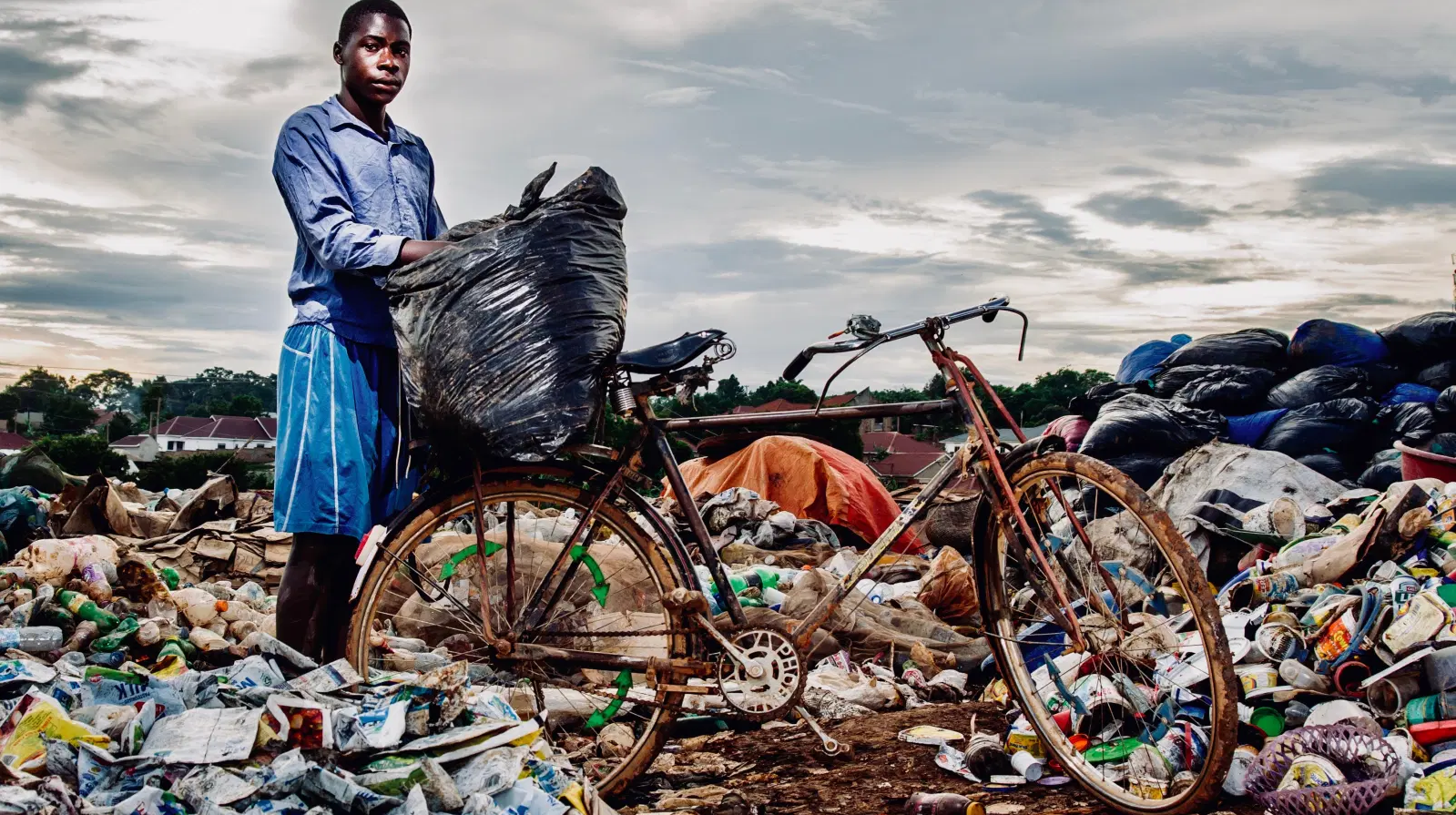Processing and recycling plastics is costly and comes with multiple serious health threats
“If we destroy the environment, we destroy the base upon which development can take place…” said Nobel-peace prize winner and renowned Kenyan environmentalist, the late Prof Wangari Maathai, in her G8/G20 climate change address.
The Kenya-US Free Trade Agreement (FTA) negotiations are underway. Both governments are rushing to conclude a deal that, in their view, will deepen economic ties and strengthen trade relationships between the two nations beyond the Africa Growth and Opportunity Act (AGOA) which isset to expire in 2025.
However, in the midst of an ongoing Covid-19 pandemic among other domestic, regional and global challenges, concerns surrounding the timing of the negotiations as well as the viability of the FTA to promote the long-term sustainable development objectives of Kenya have emerged. One growing concern in this FTA discussion is on the dumping of plastic waste in Kenya by US oil and chemical producers.
In many countries around the world, the battle against pollution has intensified and the world is turning to renewable sources of energy. These developments coupled with the devastating effects of coronavirus on the prices of oil and gas have significantly eroded the profits of firms in the oil and gas industry. In response, the industry is exploringnew ways to utilize its abundant oil and gas supplies and, indeed, they have found one: Plastics!
Unfortunately for the industry, Kenya and other countries around the world are making strides in enacting laws and policies to limit, and eventually end, the use of plastics. In 2017, Kenya passed a law banning single-use plastic carrier bags in line with Basel Convention, a global agreement on the control of the importation and disposal of plastic waste.
Worryingly, the US was not a party to the agreement. This is because US officials faced immense pressure from lobbyists representing the chemical and oil industry who were not in support of the agreement. Trade statistics show that the US exported over one billion pounds of plastic waste to countries around the world including Kenya. The plastic waste was exported under the pretense that it will be recycled but it turned out that the plastics were hardest-to-recycle and therefore, most of it was dumped into the rivers and oceans.
China, historically one of the largest importers of plastic waste, banned the importation of most plastic in 2018. Consequently, exporters had to source for new destinations and they set their sights to Africa. Between 2018 and 2019, exports of plastics to Africa rose by more than four times! Given this success, oil and chemical firms are actively searching for mechanisms to ease and expand market access opportunities in the continent. Certainly, the proposed Kenya-US FTA will be an opportunity for these firms to increase market access for plastics in Africa.
The American Chemistry Council, an oil and chemical lobby group representing some of the largest companies including Exxon Mobil, Shell and Dow among others, is influencing the Kenya-US FTA negotiations by presenting proposals that seek to reverse the strict plastic-bag ban as well as commitments made by the Kenyan government on curbing plastic waste importation.
A letter from the Council to the Office of the United States Representative said: “We anticipate that Kenya could serve in the future as a hub for supplying US-made chemicals and plastics to other markets in Africa through this trade agreement.” This is strongly opposed by various trade groups, civil society organizations and environmentalists from Kenya and the East African region.
We urge the Kenya government to maintain its position in ending the use and importation of plastics to protect Kenya and the rest of Africa. Kenyan officials involved in the negotiations must vehemently dismiss any proposals that aim to roll-back efforts made thus far by the government on limiting plastics.
There is no doubt that the ban on plastic bags has been a remarkable success in Kenya. An internal assessment by Kenya’s National Environment Management Authority (NEMA) reveals an 80% compliance rate to the plastic bag ban since its adoption. As a result, pollution in the streets, drains, sewer lines, rivers and trees has significantly declined.
However, there still being room for improvement. The Kenya-US FTA will undo achievements in suppressing plastic pollution and this will be harmful to our society and the environment. It must be noted that, prior to the ban, there were several reports and studies that found livestock, particularly those near urban areas, to have ingested plastic bags.
Read Also >> President Uhuru Reveals He Was Bullied on Social Media
One study commissioned by NEMA in 2018 discovered that 50% of slaughtered livestock in Nairobi’s abattoirs had ingested plastic bags. Situations like these must never be resurrected especially given the dire consequences it poses on the livelihoods of the farmers as well as on our food safety and security.
A spokesperson of the American Chemistry Council stated that there is “a global need to support infrastructure development to collect, sort, recycle, and process used plastics, particularly in developing countries such as Kenya.” If this is the type of infrastructure development that the FTA will bring to Kenya, there may be no option but to stop the negotiations.
The practice of processing and recycling plastics is costly and it comes with multiple serious health threats including respiratory problems and cancers. Plastic China, a 2016 documentary based on plastic waste imports in China, uncovered the severe cost of the practice on humans and the environment.
Jeopardizing the well-being of future generations for short-term gains is unacceptable.
The exposé received so much attention that the Chinese government was forced to institute measures to ban plastic imports. Kenya must learn from the Chinese lesson.
At a time when the global community is joining hands in the fight against climate change it is imperative that sustainable development should be reflected in any policy decisions under consideration such as the Kenya-US FTA. Jeopardizing the well-being of future generations for short-term gains is unacceptable.
The Kenyan government must conduct environmental, economic and human rights impact assessments of the FTA and use the findings to inform its position. Concluding an agreement without a comprehensive analysis of its impact can be detrimental to the nation. As one of Germany’s great literary figures Johann Wolfgang von Goethe wrote, “there is nothing more frightful than ignorance in action.”













Leave a comment